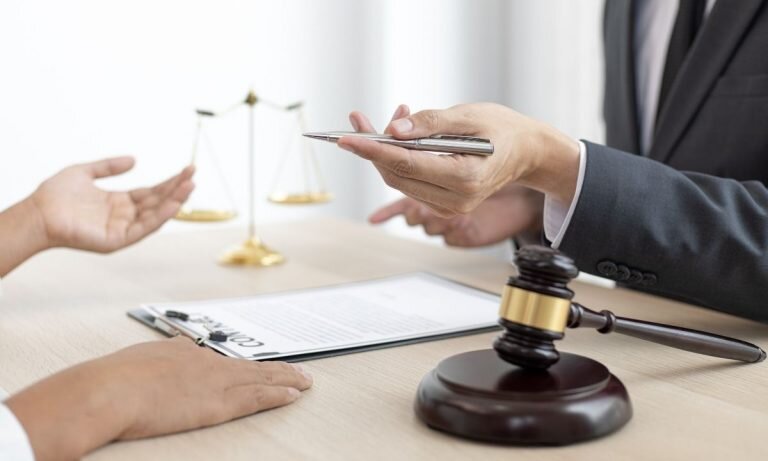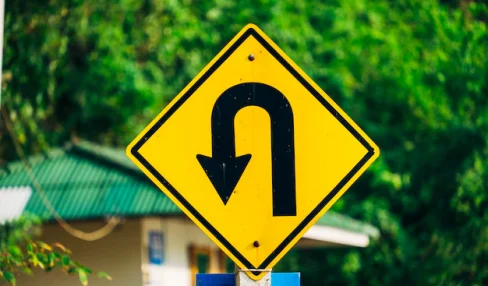How Does Your Criminal Defense Attorney Fight For Your Criminal Charge?
3 Mins Read
Published on: 17 April 2023
Last Updated on: 11 November 2024

toc impalement
If you get charged with a crime, civil rights presume you are innocent until found guilty. You need the best criminal defense attorney to defend you in court since they will know all about criminal law and can help you to a great extent. They also know investigators, prosecutors, judges, and other legal personnel who are critical in a criminal case.
They will help you exercise your rights and prepare for trial and plea bargain negotiation. Read on to learn how a criminal defense attorney fights for your criminal charge.
Recommends Defense Strategy
Your criminal defense attorney needs to develop a strategy by gathering information about your case and analyzing it to determine the outcome of your case and how to handle it.
They may also file motions or other documents to get special treatment or consideration for your case. It could include requesting that specific evidence not be used against you because it was collected illegally or without proper authorization from a judge or prosecutor.
Hires Private Investigators
Your criminal defense attorney hires private investigators to build a strong case against your charges. Private investigators have access to high-tech tools and databases. It helps them find witnesses, track down information about the crime they’re accused of, and gather evidence proving their innocence. They also use surveillance techniques to follow suspects and record their movements. To learn more, seek guidance from the Rockford Experienced criminal defense attorney.
Filing A Motion To Dismiss
If your criminal defense attorney finds legal errors in how the prosecutor presented their case against you, or if the evidence doesn’t add up, they can file a dismissal motion.
For example, if you are facing a charge of assault and battery, but your lawyer finds that the person who claims you attacked them got attacked by someone else at a different time and in a different part of town. Your attorney has grounds for filing a motion to dismiss your charge because the police failed to investigate before the arrest.
Reducing Your Charges Through Plea Deals
A plea deal reduces the charges or sentence, depending on the circumstances. It involves admitting guilt. The prosecutor must agree that your case details are appropriate for you to receive a reduced charge or sentence. According to the Department of Justice’s Bureau of Justice Assistance, 90-95% of cases end in plea bargains.
For example, if you are charged with murder but can prove that you acted in self-defense, your attorney may negotiate a plea deal where you plead guilty to manslaughter instead of murder. Manslaughter has less jail time compared to the original charge.
Explain The Criminal Trial To You
It’s your attorney’s role to explain the case by giving you an overview of what has happened, who is involved, and what evidence is against you. They may also discuss legal defenses available in your case.
They will explain the trial stages and what you can expect. They will also give you updates on assessments, which can help you decide whether or not to accept a plea bargain.
Represent You In Court
Your criminal defense attorney explains your situation to the judge and protects your rights. They also ensure that evidence against you gets presented in a manner that won’t prejudice the jury against you. Additionally, your attorney ensures evidence favorable to your case gets presented.
Your attorney also works with investigators and other experts who can support your case or discredit evidence against you. If there are witnesses who can provide additional information, they will testify on your behalf. If necessary, they may discredit witnesses or experts during cross-examination who might hurt your case.
A Criminal Defense Attorney Will Fight For Your Criminal Charge
Suppose you’re facing charges, whether a misdemeanor or a felony; you need reliable representation. An experienced criminal defense attorney knows to address the charges, whether they have merit or not. The defense attorney will analyze the evidence, search for incriminating evidence, and find a way to explain the crime while convincing the prosecution they don’t have a case.
Read Also:


















Comments Are Closed For This Article